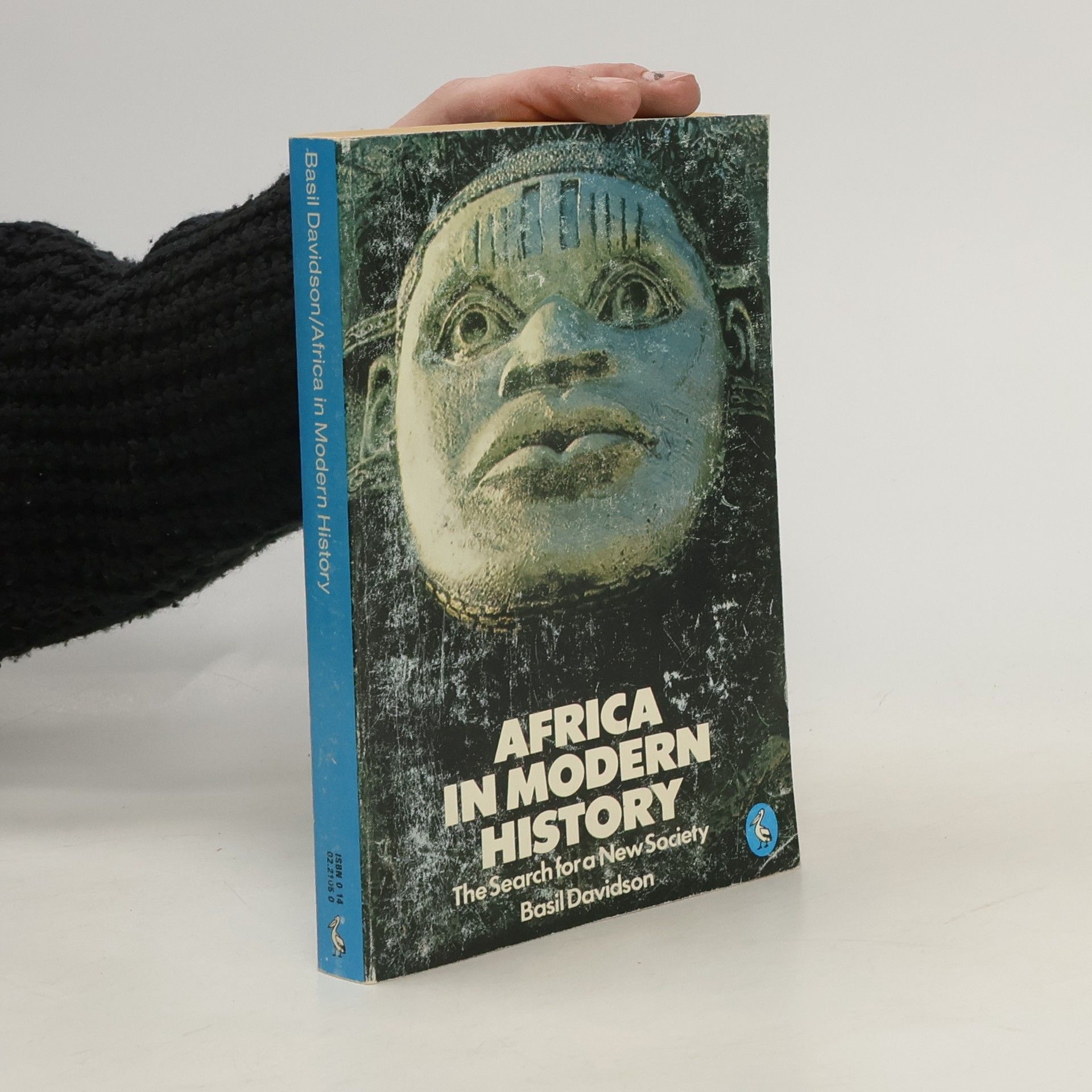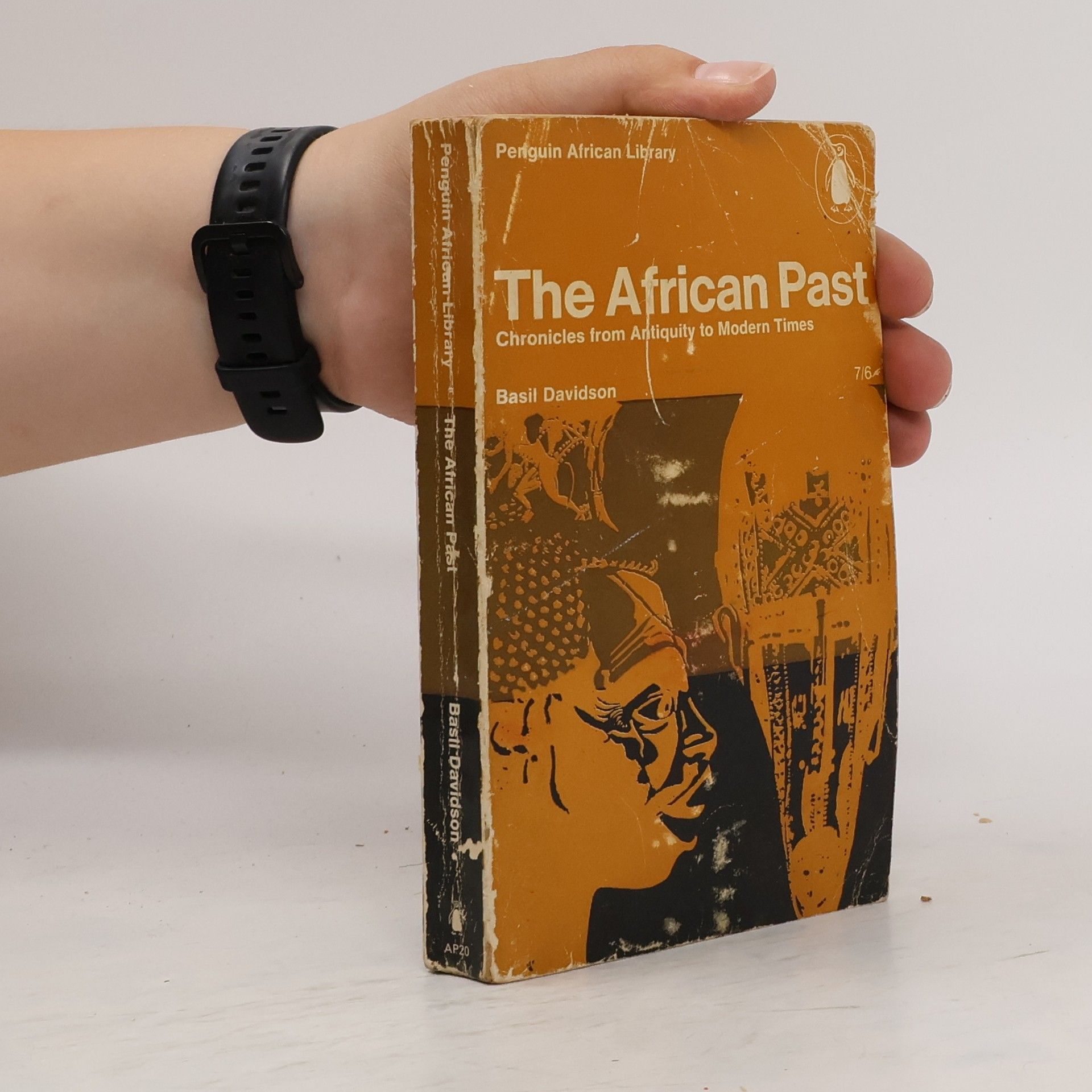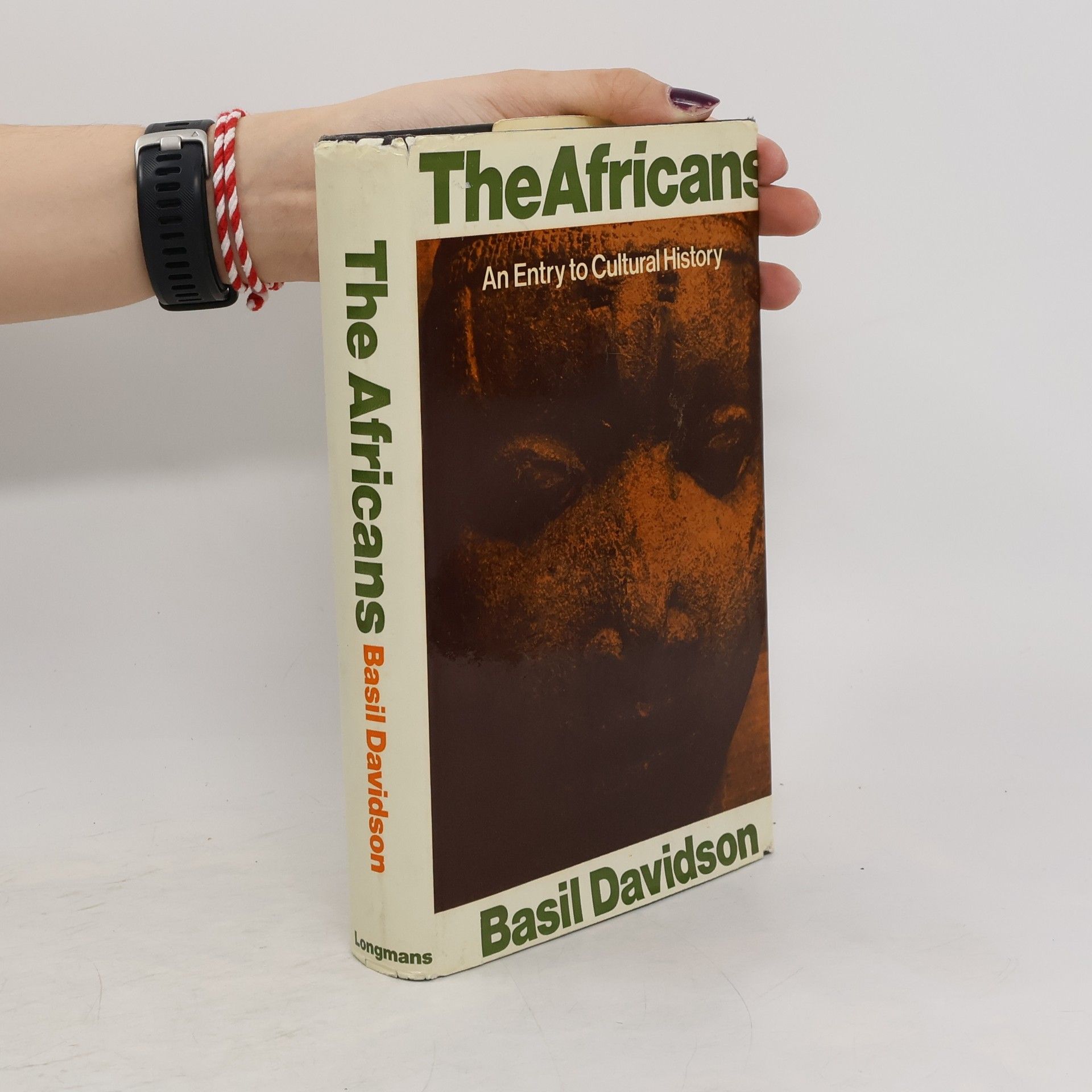No Fist Is Big Enough to Hide the Sky stands as a key text in the history of the eleven-year struggle against Portuguese rule in Guinea-Bissau and Cape Verde. Though perhaps less well known than the struggles in Angola and Mozambique, the liberation war waged by the African Party for the Independence of Guinea and Cape Verde (PAIGC) easily ranks alongside those conflicts as an example of an African independence movement triumphing against overwhelming odds. Basil Davidson, a leading authority on Portuguese Africa who witnessed many of these events first hand, draws on his own extensive experience in the country as well as the PAIGC archives to provide a detailed and rigorous analysis of the conflict. The book also provides one of the earliest accounts of the assassination of the PAIGC's founder, Amilcar Cabral, and documents the movement's remarkable success in recovering from the death of its leader and in eventually attaining independence. Featuring a preface by Cape Verde's first president, Aristides Pereira, and a foreword by Cabral himself, No Fist is Big Enough to Hide the Sky remains an invaluable resource for the study both of the region and of African liberation struggles as a whole.
Basil Davidson Livres
Cet historien et écrivain britannique est une autorité de premier plan en histoire africaine, avec une expertise particulière sur l'Afrique portugaise avant la Révolution des Œillets de 1974. Ses œuvres explorent les thèmes du colonialisme, des mouvements d'émancipation des peuples africains et une évaluation critique de l'impact des États-nations modernes sur le continent. Il met l'accent sur les réalisations africaines précoloniales et les effets dévastateurs de la traite transatlantique des esclaves. Ses écrits, appréciés pour leur profonde perspicacité et leur approche impartiale, sont des lectures obligatoires dans de nombreuses universités britanniques, ce qui en fait un expert mondialement reconnu de l'histoire africaine.







The African Slave Trade
- 320pages
- 12 heures de lecture
Examines the slave trade in three areas of Africa: the old Congo kingdoms, the city states of the East Coast, and parts of the Guinea coast.
Africa In Modern The Search For a New Society
Africa in History
- 480pages
- 17 heures de lecture
History of Africa tracing its inner growth and world wide significance that also includes recent changes in South Africa.
The book explores the rich history and diverse cultures of West Africa, emphasizing the region's significance in shaping global narratives. It delves into the impact of colonialism, the resilience of local communities, and the vibrant traditions that continue to thrive. Through detailed analysis and engaging storytelling, it presents a nuanced understanding of West Africa's past and its ongoing influence in contemporary society, making it an essential read for those interested in African studies and history.
The book explores Africa's social and political history throughout the twentieth century, tracing its journey from the colonial era through liberation movements to independence and beyond. Basil Davidson provides a comprehensive overview of the continent's transformation, highlighting key events and developments that shaped modern Africa.
Included writings by Harkhuf, Pepi-nakt, Tuthmosis III, Piankhi, Herodotus, Ezana, Desmond Clark, Bernard Fagg, Frank Willett, Muhammed Bello, Samuel Johnson, Saburi Biobaku, Tamsir Niane, Al Yakubi, Al Bekri, Al Omari, Ibn Battuta, Al Maghili, Ahmed Ibn Fartua, Kati, Es-Sa'adi, Egharevba, Al Mas'udi, Freeman-Grenville, Idrisi, Yu-Yang-Tsa-Tsu, Chao Ju-Kua, Chang Hsieh, Vasco da Gama, Duarte Barbosa, Hans Mayr, Diogo de Alcancova, D.P. Abraham, Pedro Vaz Soares, Joao de Barros, Antonio Boccarro, Manoel Barreto, Ruy de Pina, Alonso de Palencia, Affonso of Congo, Abreu de Brito, John Landye, Richard Jobson, John Hawkins, Richard Eden, William Towerson, Oliveira Cadornega, John Casseneuve, William Bosman, Michel Adanson, Richard Brew, James Penny, John Johnston, Archibald Dalzell, Robert Norris, Olaudah Equiano, Abbe Proyart, Thomas Winterbottom, James Bruce, Andrew Sparrman, Frederic Caillaud, Henry Fynn, Edouard Casalis, Robert Moffat, David Livingstone, Antonio Gamitto, James Prior, Mungo Park, Uthman Dan Fodio, Brodie Cruickshank, Heinrich Barth, Martin Delany, Mary Kingsley, Leo Frobenius, Charles Domingo, Placide Tempels, Macemba, Edward Blyden, Winwood Reade, and others.


